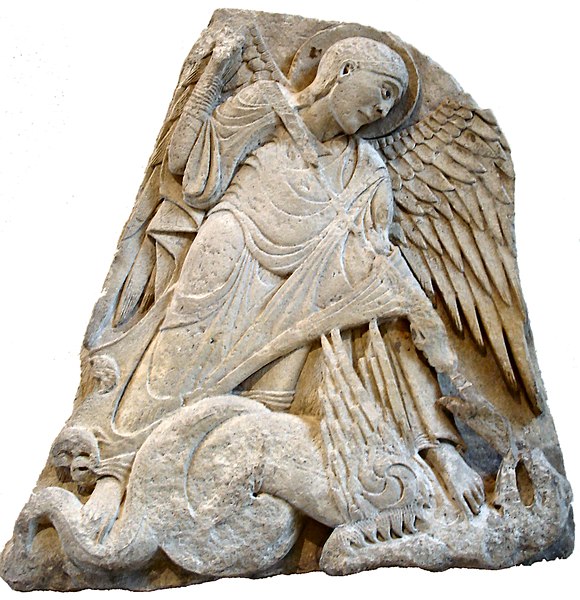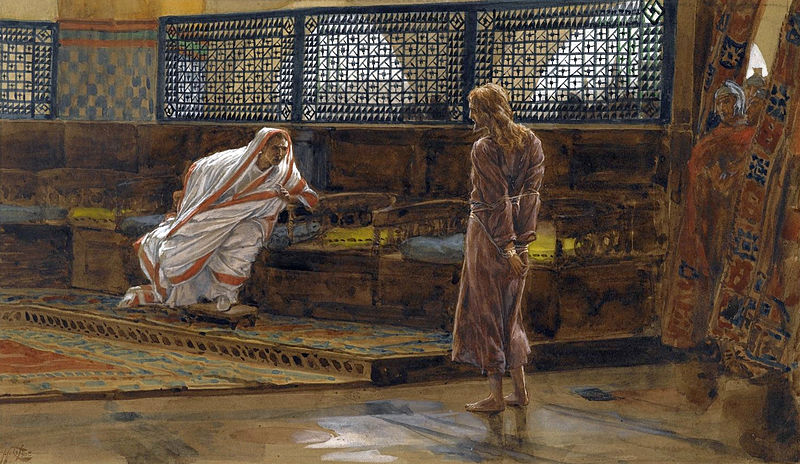Watching for the Morning of November 3, 2019
Year C
All Saints Sunday
(I’m returning from a sabbatical this week, driving home from my Father’s into a state I know is aflame. This reflection from 2013 fits the texts for Sunday even though, at first blush, it seems perhaps a little too cheerful. Or simplistic. But there is nothing simplistic about biblical faith. It knows we live in a broken world, sometimes stumbling but generally fleeing its maker. Biblical faith is not surprised by famine or flame. It is not surprised by marching armies or hateful speech. It is not surprised when religious leaders defend the king against God. Biblical faith understands the fallen world. But still it sings – for it also understands the faithfulness of God.)
There is a thread running through the readings this Sunday: a line in Daniel that the holy ones of the Most High shall receive the kingdom; a line in the psalm that God adorns the humble with victory; a portion of the Ephesians reading ending with the hymnic declaration that God has put all things under Christ’s feet; and the promise of God’s blessing upon the poor, the hungry and the grieving. The texts, as diverse as they are, share a confidence in the purpose of God to rescue God’s fallen world and restore all things.
But there are troubling things in these texts, too: notes of judgment, sounds of vengeance, reflecting a world divided between a wealthy few and a powerless and hungry many, a world of mighty empires and suffering peasants. In the case of Daniel, it is an empire determined to rid Israel of traditional faith and practice. People were put to death for circumcising their children, or not eating pork, or keeping Sabbath.
The feast day of All Saints started out like a tomb of the unknown soldier, a day to remember the nameless martyrs tortured and killed by Rome for holding to a faith that claimed there was some other Lord than Caesar. It would become a day to honor all those saints who did not have their own feast day on the Christian calendar. Ultimately, for Reformation churches, it became a day to remember all the faithful who had passed into glory, all those who had held fast to a hope in a God who comes to the aid of those in need and sets right the world.
All Saints looks blinkingly on the bright vision of God’s ultimate triumph over sin and death and echoes with the joy of heaven. It sustains those still engaged in the struggle to bear faithful witness to the way of God in our broken and troubled world. And it reminds us all that we are not alone: “we are surrounded by so great a cloud of witness.” Like the crowd cheering runners in a great race, the saints above cheer us on.
The Prayer for All Saints Sunday, November 3, 2019
You are our beginning, O God, and you are our end;
You are our hope and you are our path.
Sustain us in your grace that we may live as children of your kingdom
until that day when all heaven and earth are joined
in a single song of praise.
The texts for All Saints Sunday, November 3, 2019 (assigned for All Saints Day, November 1)
First Reading: Daniel 7:1-3, 15-18
“Four great beasts, four kings shall arise out of the earth. But the holy ones of the Most High shall receive the kingdom and possess the kingdom forever.” – Writing to the time of the persecution under Antiochus Epiphanes IV, the author uses the Daniel traditions to call the community to faithfulness. Four terrible beasts represent four beastly empires, but these will be judged and “one like a son of man,” a humane empire, God’s empire, will dawn.
Psalmody: Psalm 149
“Let Israel be glad in its Maker; let the children of Zion rejoice in their King.” – A hymn celebrating God as king, freeing God’s “humble” people and vanquishing the kings of earth.
Second Reading: Ephesians 1:11-23
“That…you may know what is the hope to which he has called you, what are the riches of his glorious inheritance among the saints.” – The author’s prayer for the fledgling believers near Ephesus celebrating the work of God in Christ.
Gospel: Luke 6:20-31
“Blessed are you who are poor… woe to you who are rich.” – Jesus declares the poor honored in God’s sight and the wealthy elite shameful and calls on his followers to live out the values of God’s reign: “Love your enemies, do good to those who hate you.”
+ + +
Image: dkbonde: Desert light, Stansbury Mountains, Utah




